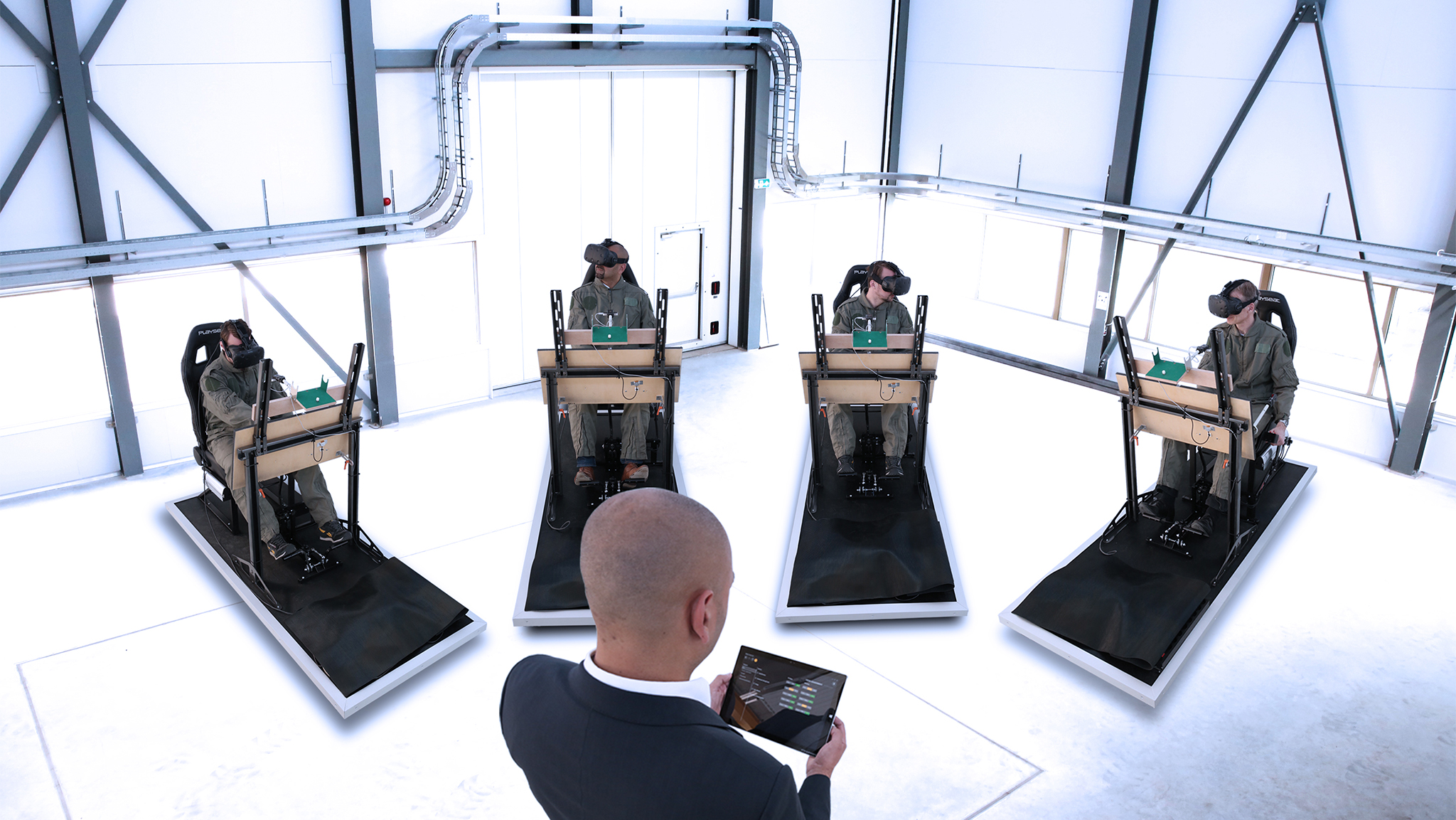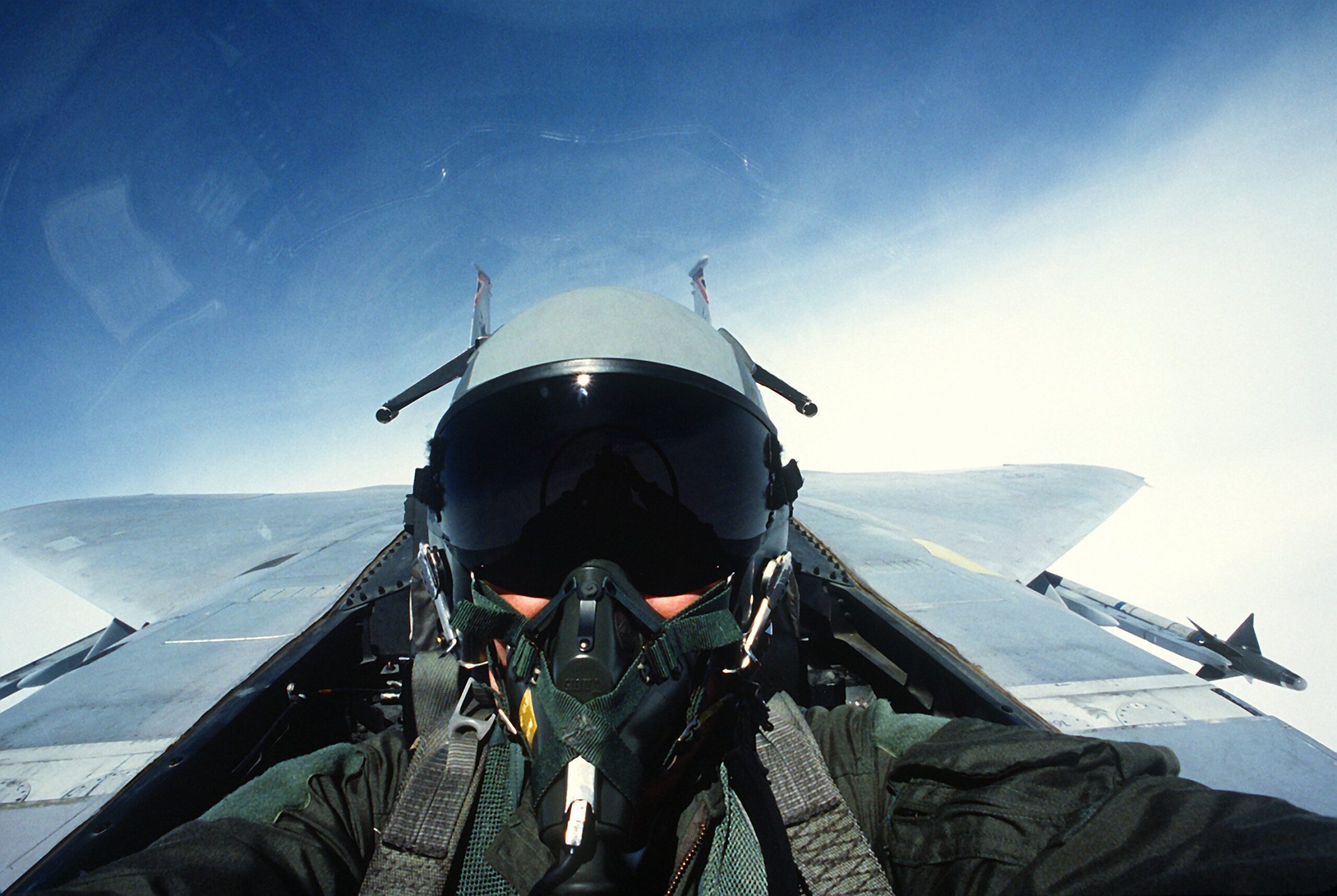For the Defence Ministry, AI is an important area to invest in knowledge and expertise for, within all current technological developments. This is particularly true when it is combined with parallel domains such as Big Data and data science: AI could create significant disruptions affecting all the armed forces’ capabilities. The impact of AI soon becomes clear when you look at potential applications. It can help analyse information and make decisions, for instance, allowing potential risks and discrepancies to be identified more quickly by humans.
AI offers the possibility of increasing the autonomy of sensor and weapons systems and implementing their interactions effectively during operations. Optimising the cooperation between humans and machines is another area where AI plays a major role. In addition to these operational possibilities, AI will be able to improve numerous aspects of the Defence Ministry’s organisational operations, from more effective education and training methods through to optimisation of logistics and maintenance.
Although the possibilities offered by AI sometimes seem boundless, there are challenges involved in deploying it. Firstly, ethical considerations are playing an ever greater role in the extent to which AI is used. The safety of AI systems is another important precondition. Both operationally and on the organisational side, it is important that the results of AI processes are understandable for humans and benefit the cooperation between humans and machines. Deployment of AI has to be in equilibrium with these factors. NLR keeps its feet firmly on the ground in that regard. Theorising about the deployment of AI is all well and good, but there are still numerous challenges in the use and practical implementation. Nevertheless, AI offers lots of opportunities. Those are the reasons why NLR put together a brochure that shows the areas where the Defence Ministry can benefit from AI, both during operations and for organisational support.
You can download the AI brochure here. The document is also available on the Modelling and Simulation page, along with other relevant documents.



